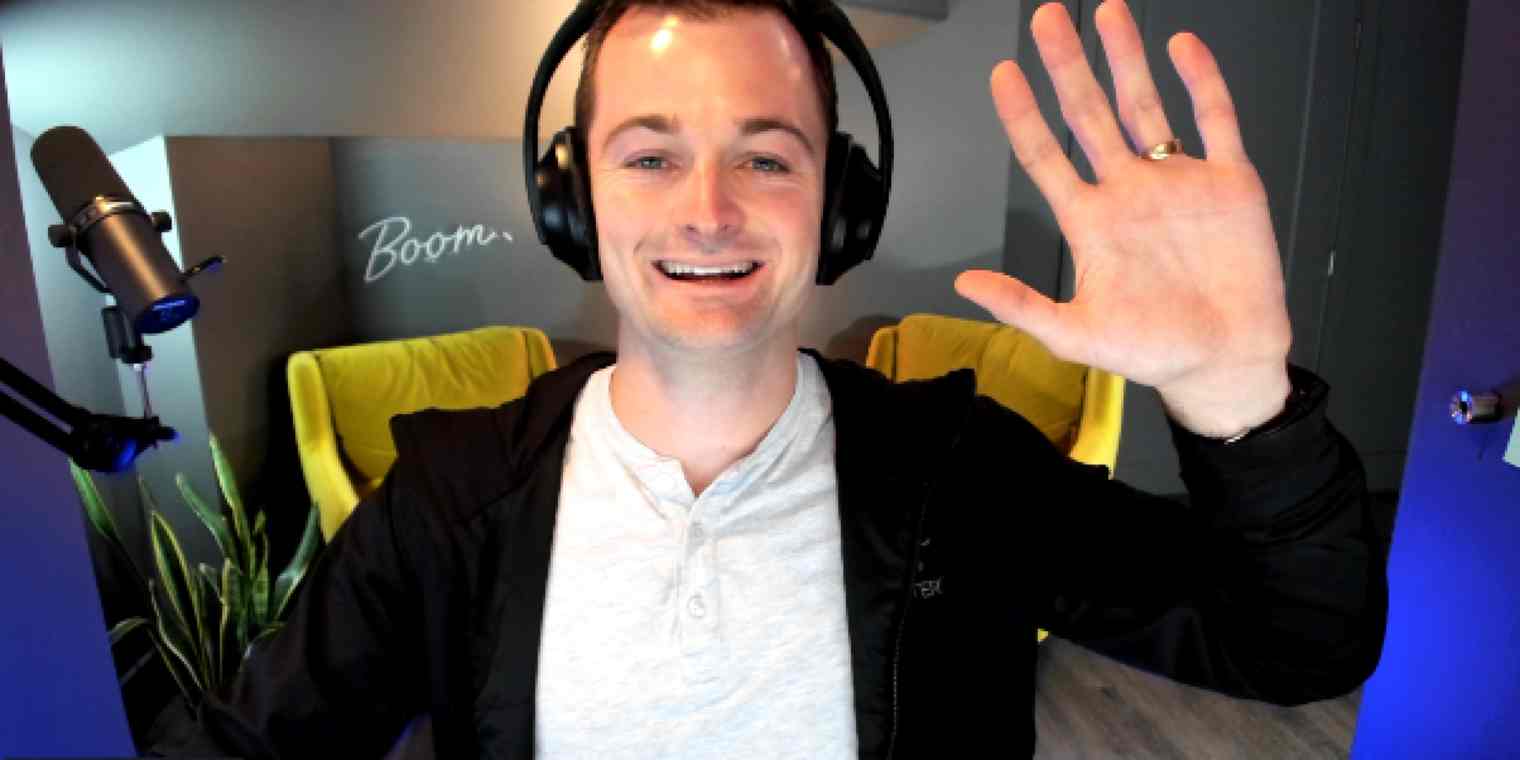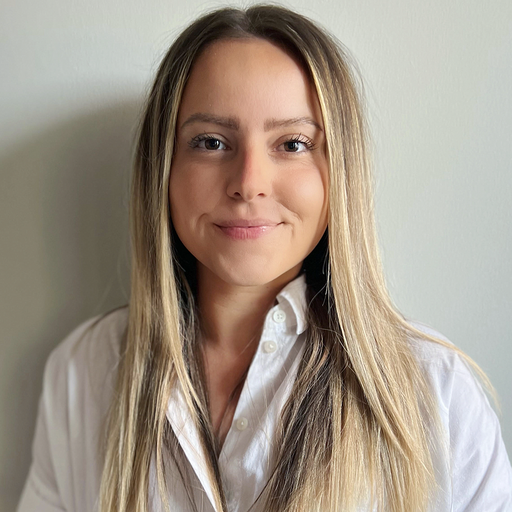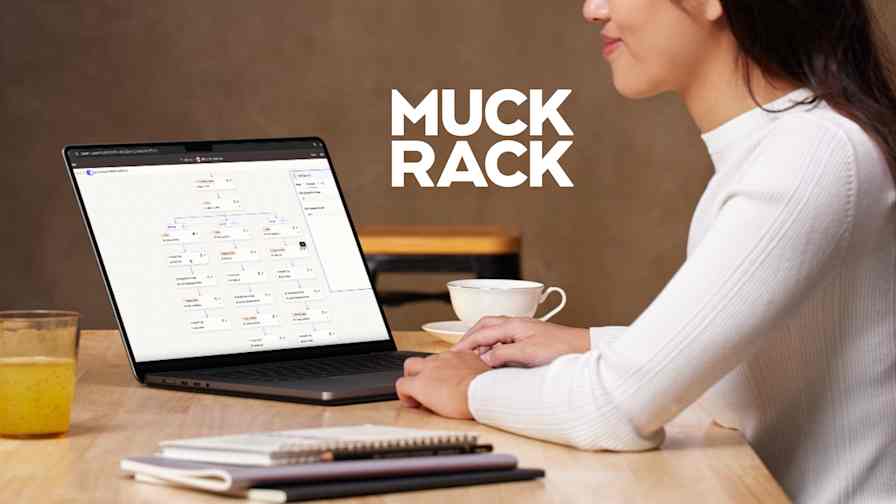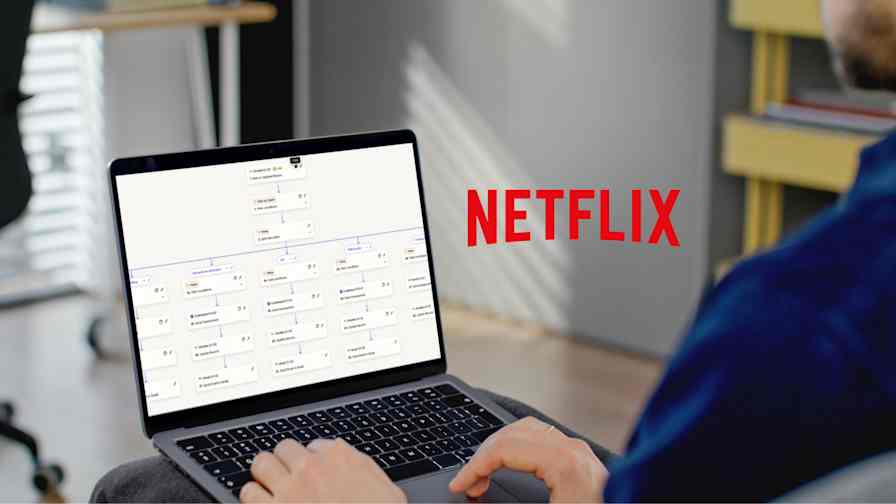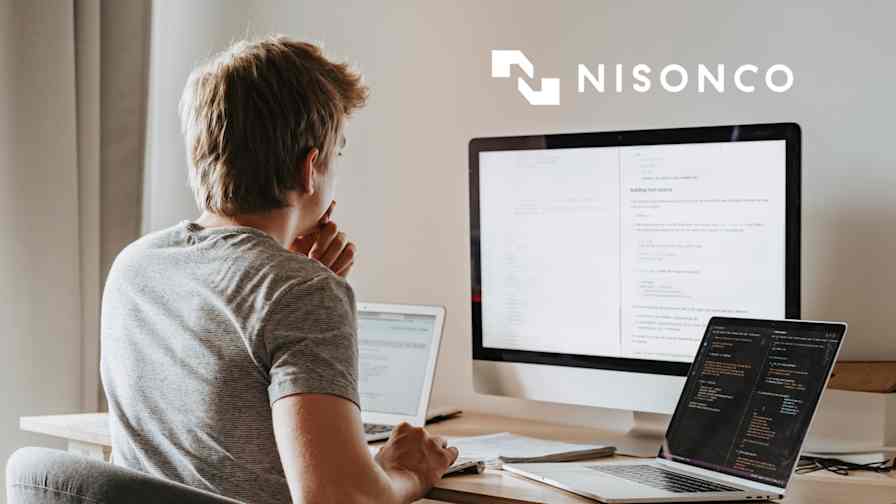Zendesk is the champion of customer service—after all, they connect more than 200,000 brands with hundreds of millions of customers. Zendesk prides itself on making the customer service experience enjoyable, and they know that good conversation is key to doing so.
So, when Adam O’Donnell from the Startup Partnerships team decided to pivot their podcast to target unicorn founders and CEOs, it was a perfect fit. Through meaningful relationships and conversations, Adam could share why businesses should center everything around the customer experience via the Sit Down Startup podcast.
Zapier is the most connected AI orchestration platform—integrating with thousands of apps from partners like Google, Salesforce, and Microsoft. Use forms, data tables, and logic to build secure, automated, AI-powered systems for your business-critical workflows across your organization's technology stack. Learn more.
But starting and growing a podcast from scratch isn’t easy, especially when it’s just one part of your overall job. Adam knew he would need efficient processes in place to build relationships, provide a good experience to his guests, and grow a following for the podcast—all while managing the rest of his role's responsibilities at Zendesk.
“Having Zapier means I can do my full-time role at Zendesk while also being able to have world-class thought leadership. Everyone in their job nowadays knows how important thought leadership is, but you typically just don’t have the time for it—with Zapier, I’m able to do both,” said Adam.
Zapier helps get the timing right
The number one way Adam gets founder guests from well-known companies—like ZoomInfo, Outreach.io, and Carrot Fertility—has been through referrals from other guests. By providing a great experience for guests and narrowing down the best time to ask for referrals, Adam has been able to rely on referrals to build out a roster of impressive interviewees.
“What I care about most for the podcast is interviewing the best guests in the world, and Zapier makes it so I can do that,” said Adam.
What Adam quickly discovered is that his podcast guests are more likely to send him a referral if he asks immediately after their interview recording. Emailing a guest for a referral even an hour after their interview made it exponentially less likely they'd respond. He found the best time to send referral emails was minutes after ending the interview—but that wasn't always possible during a busy work day.
“Timing is such a key component, and that’s why Zapier helps,” said Adam.
Now, automation with Zapier helps Adam get those emails out the door quickly. A Zap automatically triggers once an interview date and time pass in Airtable. From there, the Zap drafts an email in Gmail for Adam to review within minutes of the recording ending. He quickly adds a personalized sentence or two from his conversation with the guest and hits send.
As a result, he’s seen an increase in the number of referrals and has built out a guest lineup chock-full of seasoned business pros he's honored to speak with.
“The average person that is interviewed on the podcast has started a company worth $2.1 billion, and we’ve been able to [book them] mainly from our automated referral emails,” said Adam.
Automation accelerates podcast engagement
Guest referrals are far from the only way automation has helped Sit Down Startup flourish. With around 3 million podcasts already available for listening, Adam needed a way to help his own show rise above the noise. So, he used Zapier to help get the word out and build engagement.
“The most impactful thing to get the most amount of listens and engagement on a podcast is getting the guests to share it themselves,” said Adam.
For each new episode, Adam lists a publish date in Airtable, and when he checks a box in the row, a Zap sends a calendar invite to the guest and a few members of their team who were involved in the process. The calendar invite is a hold for the episode's launch day and time, which acts as a reminder for the guest to share details on launch day.
“Zapier is the best automation tool I’ve seen in being able to create a calendar invite with all of these micro details and make it look like I created it manually,” Adam said.
In addition, two days before the publish date, a Zap sends guests an automated email with a reminder about the episode launching. The email also includes sample language they can use to create social media posts to share the episode.
By automating these two steps, the majority of his guests—around 70 percent—now share the episode once it’s live.
“All I do is input the publish date and time, check a box, and Zapier does the rest for me,” said Adam.
Create events in Google Calendar from new Airtable records
Cultivating a community with a Zap
When building a podcast, you need to spark two powerful types of conversations: the one you hear on the podcast and the one you read online about the episodes. But with the popularity of podcasts skyrocketing, developing a loyal following and encouraging engagement online is a challenge. So, Adam leaned on the power of automation to help create a community.
When publishing a new episode and promoting it on LinkedIn, Adam will tag founders who share similarities with the guest, but who aren't Zendesk customers. Tagging these other founders and executives in the post often prompts them to join the conversation about the episode.
To further encourage engagement, he created another Zap to gently nudge tagged founders to engage. When he checks a box for a contact in Zendesk, the Zap triggers Gmail to send an email with a link to the post, informing them they were tagged, and inviting them to join the conversation.
This automation has helped Adam increase prospect engagement and simultaneously expand awareness of the podcast.
“The foundation for the podcast was laid with Zapier from day one,” said Adam. “Zapier saves me around five hours per week, which is really valuable time when you consider a standard 40-hour work week.”
Send Gmail messages for new Airtable records in views
Automated workflows lead to career growth
With a little help from automation, Adam has been able to take on other new projects, like the Sit Down Startup podcast, which allows him to grow in his career and develop new skills.
“I see automation as the biggest thing in my career that can help me grow fast and help the most people in whatever role I'm doing. I see automation as a superpower!" he said.
"I was recently asked to build out our tech partner program and my colleague jokingly said, 'You were promoted because of your Zaps!' I am so thankful for Zapier—it has given me an unfair advantage in my job.”
